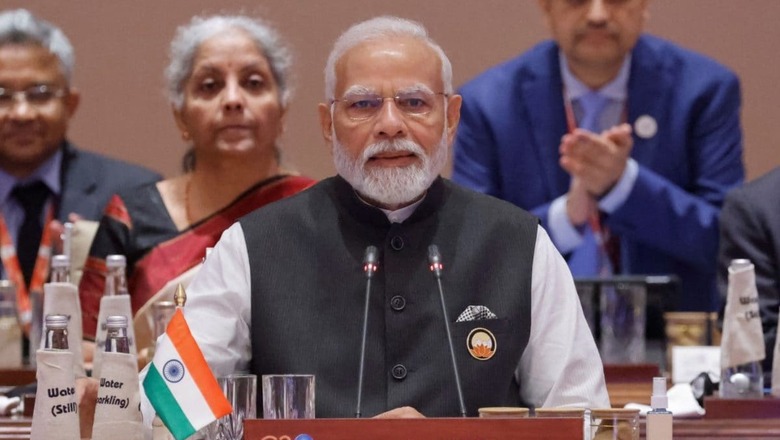
views
The G20 summit in Bharat has been the most successful in the organisation’s history. The Delhi Declaration of G20 is the most ambitious document adopted by all member nations with a cent-percent consensus. With 112 outcomes and presidency documents, Bharat has doubled the work from previous presidencies. In many ways, Bharat has set an example for upcoming G20 presidents – all of whom will now hope to build on the work done during India’s presidency. To call Bharat’s G20 presidency an unparalleled success might just be an understatement. Bharat has effectively brought two blocs engaged in an indirect war with each other — US-Europe and Russia — on the same page. Add China’s support for Russia and its anti-West stance, and you will realise the magnitude of what Bharat has just achieved is no joke. How India achieved this would be a story for the history books. But that is beside the point.
Today, I must highlight how all of this has happened under the leadership of a man who was not very long ago accused of having neither knowledge of foreign affairs nor experience in international relations. There was a concerted campaign both before and after 2014 which sought to portray Prime Minister Narendra Modi as a man who would hurt India’s foreign policy with his lack of experience in the field. However, he has proven all the naysayers wrong. Allow me to elucidate.
Indian diplomacy and foreign policy is today at its strongest. There has been no other time in independent Bharat’s history that the world has respected us more and recognised our nation’s potential to play a transformative role internationally.
India’s vision of human-centric development has found several takers and these are the biggest names on the global stage. A look at the G20’s Delhi Declaration shows how the biggest economies of the world have committed themselves to human-centric development and the achievement of sustainable development goals (SDGs). The digital public infrastructure pitch, disaster resilient infrastructure push and of course, climate protection measures show that India has brought the big powers together to combat some of the biggest challenges facing humanity – whether they be economic, those related to disasters or climate change.
Today, China’s debt-trap initiatives are openly being challenged. The biggest takeaway? India is doing this with the Saudis, Emiratis and Europeans — all of whom are seen as powers that either have significant Chinese interests or have exceptional ties with Beijing. The India-Middle East-Europe Corridor will have a transformative impact on not just intercontinental trade, but it will also bridge the gap between Europe and the Indian subcontinent. This is an unprecedented win.
Today, India has also emerged as a power that is bringing long-lost friends together. Ties between Saudi Arabia and the United States have been tense for quite some time now. However, on the first day of the G20 Summit, when the mega corridor was launched, Joe Biden was seen heartily shaking hands with Saudi Arabia’s Prime Minister and crown prince, Mohammad Bin Salman. Facilitating this handshake was Bharat’s Prime Minister, Narendra Modi — the same man accused of not knowing how to handle international relations.
Today, when India puts its foot down, the biggest powers of the world fall in line. The biggest victory for Bharat has been the consensus reached on Ukraine. Remember, the Delhi Declaration is much more toned down than the one issued in Bali last year. India is understood to have given an ultimatum to all G20 members. PM Modi himself conveyed to Bharat’s G20 Sherpa, Amitabh Kant, that the final draft of the declaration was perfect – one that addressed the concerns of all nations. With this mandate, Amitabh Kant told the sherpas of all G20 nations that the final draft of the declaration, including the paragraphs on Ukraine, will undergo no further changes. All the sherpas were told that if they have a problem with the declaration, their leaders can personally speak to PM Modi. Amitabh Kant described this as him pulling the weight of the prime minister to his advantage. Evidently, his approach worked.
Today, India is seen as the leader of the Global South. The African Union’s entry into G20 epitomises this leadership. One cannot state enough how important this is. India has effectively staged a power coup in Africa, and the effect of this will be seen across multinational forums – especially the United Nations. Remember, this is at a time when India’s push for the UNSC reforms is gathering steam. African nations make up 28 per cent of the United Nations. You may now draw your own conclusions.
Today, nobody cares about Xi Jinping’s absence. It has become clear that the Chinese president skipped the summit to save face. Imagine attending it and seeing the whole of G20 firmly standing with India and taking solid steps to counter CPEC. China is no longer the international player it once was. It is a power in decline. This is Bharat’s time to shine.
Today, Indian diplomacy is showing its beast mode. And this is coming from a government that was not not supposed to know the I and R of international relations. Indians were told by a host of parties now in the Opposition that if Modi were to come to power, the country’s foreign policy and relations with international partners would be in the doldrums. This G20 summit’s success is a resounding answer to the political pessimists whose opposition is not driven by issues of merit, but rather by an unfathomable disliking of a man and his government. Unfortunately for them, Bharat has today cemented its position as a mature world power, one that has the capability to manoeuvre through the tensest of geopolitical waters and still deliver decisive results.
When nations aspire to host similar summits, they will take the example of how Bharat pulled off a mightily successful G20 show with rather great ease.















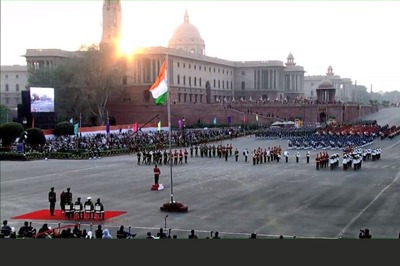
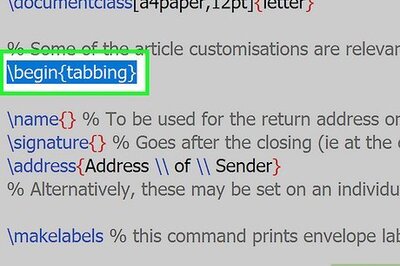
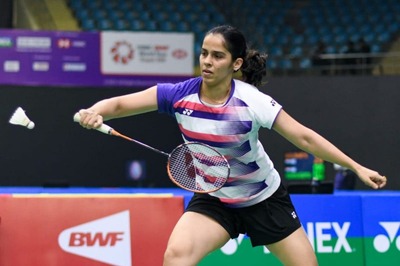

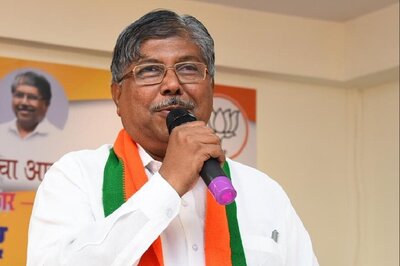
Comments
0 comment